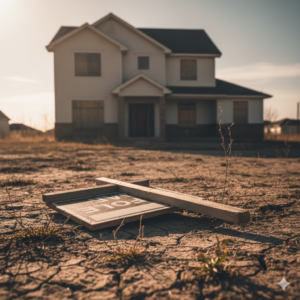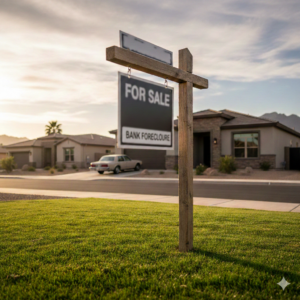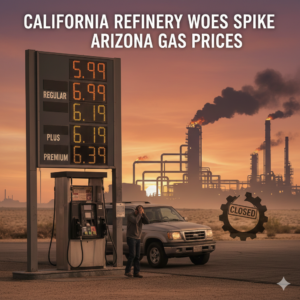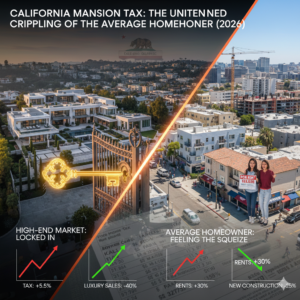Housing recovery
Real Estate – Could This Be The End of The Recovery?
Have you ever noticed in the last couple of years on the majority of economic reports they usually start with a phrase like unexpected, surprisingly, or stunning? Nothing wrong with these adjectives, except for the fact that they always seem to be used on reports that are negative to the economy and naturally ones that the economist predicted would be the exact opposite.
Well, today’s report on new housing starts is no exception. In both the Reuters and the MSN versions, the story starts off using the term unexpectedly fell. Yes, today’s report by the US Commerce Department on new housing starts, show that they dropped to a 10 month low of a seasonally adjusted annual rate of 836,000 units. What effect, if any, will this have on our current housing recovery?
Most economists had predicted the new housing starts would rise to approximately 959,000 units. Also, permits to build homes last month fell by 7 1/2%. The prediction by economist on these new permits was again that they would increase.
The new housing starts are an early predictor of future real estate activity and as such, is it possible that our current housing recovery is in jeopardy? Really, it’s hard to answer this question, just based on a single report. A report issued just a couple of days ago showed that sentiment among single-family homebuilders, hit a 7 1/2 year high in July.
The Federal Reserves monthly $85 billion in bond purchases have been artificially holding down interest rates and is the biggest support in our housing recovery. But, recently the Federal Reserve has been talking about easing out of their manipulation of the market, and just in the past few weeks, mortgage rates have slowly been increasing.
So, the big question remains … Can the housing market recovery continue without artificially low interest rates?







You only got half that story correct. It’s not just the interest rates that the government is manipulating, but the entire artificial recovery.
You have to keep in mind that just last month half a million Americans withdrew from the workforce; either because they stopped looking for work or retired and stopped drawing unemployment. Many were discouraged workers, a sign that the economy remains weak. How can there be any real recovery in housing when unemployment is so weak?
Our population of eligible homeowners AND renters will shrink over the next 15 years. Just look at any large demographic survey projections. Boomers retire and die off, follow up generations are far, far smaller and have less disposable income. Plus, we will be absolutely slammed with new taxes as we are forced to care for the retiring/dying population.
Why do you think IRS reporting has gotten so much more intrusive? Why have things like the “American Community Survey” (which is completely unconstitutional) and the similar survey of American businesses, which now must be answered with the threat of jail time behind them… Why have these things suddenly been forced upon us? So every penny made can be accounted for to be later confiscated to “serve the public good”, that’s why.
The untraceable digital currency, Bitcoin got hot and popped (it’s still around…believe it) because of demand from people concerned about confiscatory governments and currency destruction. Things are not looking good over the next decade and a half.
If you buy a solid property that presents cashflow, it does not matter what the sales price is until you sell. You are all complaining about the investors that are buying, holding, and not selling. Then we have the real idiots on here that think “the investors are going to buy every house in the U.S. and nobody will own a property” My god this is sad.
I bought my house and it went up 10% since April 2012. It may go back down, it may go up, it may stay the same…THIS IS WHAT INVESTMENTS DO-THEY ALWAYS HAVE PEOPLE!!!!!……..all the while others are paying down MY mortgage, I make a little profit, and my tenants are very happy with their below market rents and fantastic property managment. I do not invest off of bias media and consumer fear.